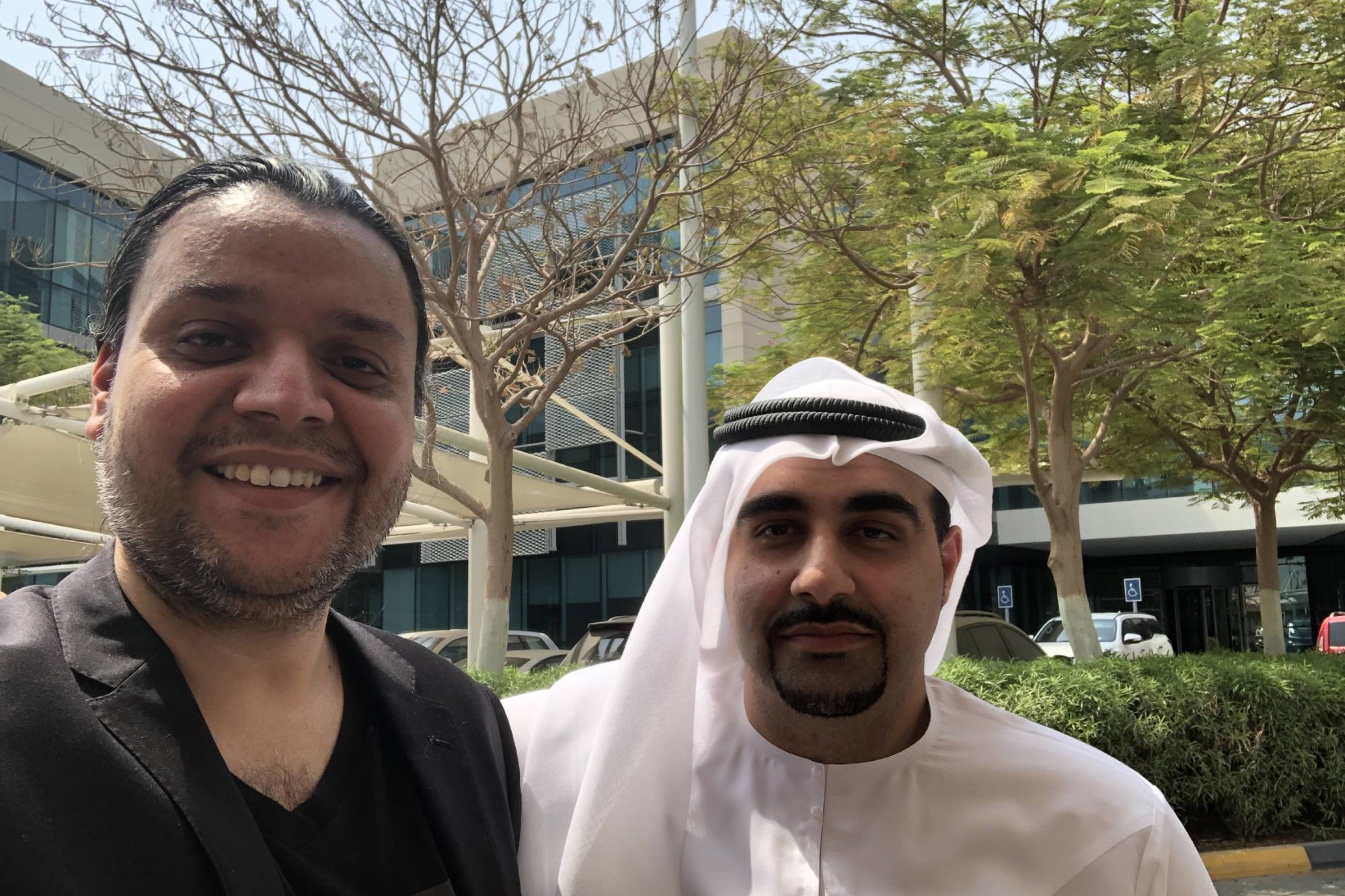The What, Who And Why Of Executive Coaching The concept of supporting an individual on their journey to get them to where they want to be remains a frequently used reference in the practice of executive coaching.
Opinions expressed by Entrepreneur contributors are their own.
You're reading Entrepreneur Middle East, an international franchise of Entrepreneur Media.
Can an entrepreneur be helped in his or her journey? As one of my clients once said, "I don't need a psychologist. We Type-A entrepreneurs don't talk about this kind of stuff. We solve problems and push ahead." When it comes to an entrepreneur considering executive coaching, the obvious question is how can this make you perform better? Executive coaching can be viewed as a somewhat amorphous profession, since executive coaches aren't psychotherapists who will explore the past for solutions to the present, nor are they management consultants tasked with, say, fixing part of a company. Rather, they are people without prescribed credentials -often with a wealth of experience in the client's specific field- who have won trust through experience or reputation to guide a client to an agreed-upon life, career or business goal.
Surely entrepreneurs don't need to be coached, as by natural inclination and desire, they coach and lead others? In a contemporary context, coaching has increasingly developed into a more independent discipline and launched many professional associations such as the Association for Coaching, The International Coach Federation, and the European Coaching and Mentoring Council. The aforementioned groups have helped develop a set of training standards for those who practice executive coaching professionally. The concept of supporting an individual on their journey to get them to where they want to be remains a frequently used reference in the practice of executive coaching.
I am fortunate enough to work with clients across a broad range of business sectors who have been and remain highly successful individuals, so the added value they have gained has often been through them making changes to how they do things, rather than why they do things. One client asked, "You're not going to change my personality, are you Martin?" My response was that if I was that talented, I'd be on a world tour in support of David Copperfield. No, the reality is that small changes in behaviour can often facilitate previously unachieved heights!
Coaching successful entrepreneurs requires something extra. A good executive coach needs to become a partner, whose investment in their understanding of their client's or coachee's (a term I personally dislike!) challenges needs to be matched. Matched, in terms of the coach's ability and preparedness to understand, face up-to and challenge their client's thinking and methods, particularly at the most difficult times and speak with integrity and honesty.
This is where trust comes into play. A coaching relationship must be built on trust. It's not an optional extra, it is essential for the client to have trust in his or her coach and vice versa. Like any relationship, bridges of trust can take time and are to be earned. Nonetheless, the quicker a level of trust can be established, the easier it will be for the real issues to be discussed and therefore, the more value the client can extract from their coaching program.
How will the client know they have gained from the process? When they know that the coaching has helped them work through challenges that have enable them to transform their learning into tangible results in their business. In short, it can be summed up simply by saying that coaching can and does help people achieve what they want to achieve, and admittedly that coaching can be a disappointing experience if you choose the wrong coach.











